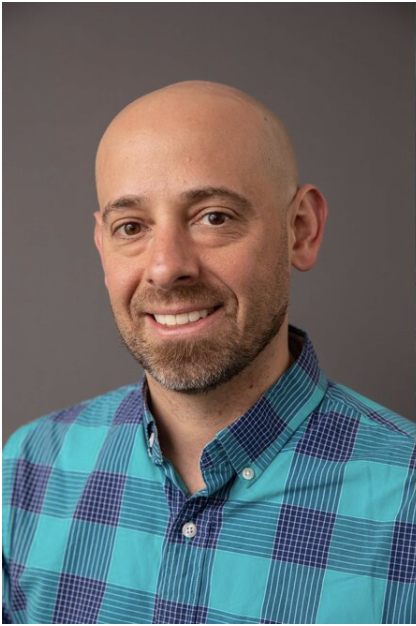*Editor’s Note: The “Views from NAU” blog series highlights the thoughts of different people affiliated with NAU, including faculty members sharing opinions or research in their areas of expertise. The views expressed reflect the authors’ own personal perspectives.
 By Marc Tollis
By Marc Tollis
Assistant professor, School of Informatics, Computing, and Cyber Systems
I was born and raised in Rego Park, Queens, and on Sept, 11, 2001, I was in my last year of college. I commuted every day to school, getting up early in the morning to embark on the 50-minute bus-subway-walking trip to New York University in downtown Manhattan. However, it was a Tuesday, and I didn’t have an early class that day.
I liked to wake up to “The Howard Stern Show,” so my alarm clock radio was tuned to 92.3 FM. I could hear Howard’s and Robin’s voices in the background but was able to pay no mind as I drifted in and out of sleep. At one point, I realized they were mentioning “fire,” “planes” and “World Trade Center.” The World Trade Center had been bombed before, in 1993, when I was 15, so I woke up immediately. I learned that a plane had just hit the North Tower. Soon after, Howard and Robin reported that another plane had hit the South Tower. The first plane hit at 8:46 a.m. while the second hit at 9:03 a.m., so my first memory of 9/11 is that I was getting live reporting at about 9 a.m., from Howard Stern, which was pretty much before anybody else I knew had heard what happened. (This of course was before smart phones and social media.)
My mother worked in midtown on the east side of Manhattan, my father worked in Harlem, which was uptown, so I knew they were safe, but my sister, who was also attending NYU, lived in a dormitory downtown, which was extremely worrisome. Glued to cable television, at home alone, I watched the South Tower collapse live on television, followed by the North Tower about 30 minutes later. It was one of the worst things I’ve ever seen in my life. We had an upper balcony in that house, and from there in the distance I could see the smoke billowing from what became known as Ground Zero, just nine short miles away. It was a hellish day, using land lines to try to account for friends and family—we lost cell phone service after the North Tower collapsed.
We didn’t know anyone who worked near Ground Zero, so thankfully everyone we knew was safe. My parents came home in the afternoon, and we watched the now-famous footage over and over again, in shock and sadness. We eventually heard from my sister and learned she was in a stalled subway car underground when everything happened, where all the passengers remained for hours, after which they were escorted off the train, down the subway tunnel and out of a manhole. We learned about what happened at the Pentagon and Flight 93, and I talked on the phone with friends about whether or not attacks like those might happen in all the world’s cities that day. We didn’t know what was going to happen.
After that day, all of Manhattan south of 14th Street was off-limits to pedestrian and automobile traffic. NYU was closed for weeks, taking a chunk out of my final year of college. We lived under a La Guardia Airport flight path, and the grounding of planes in the aftermath of 9/11 meant there was a noticeable silence above us. The La Guardia planes eventually came back, but New York was never the same.



